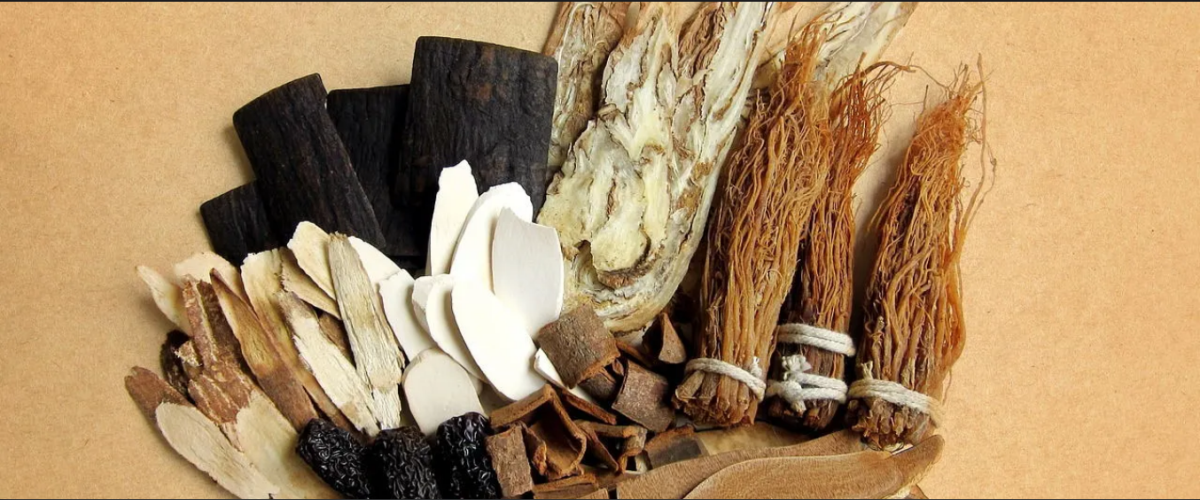Herbal Nootropics: These are natural substances derived from plants and herbs that have been used in traditional medicine for centuries. These herbal nootropics are thought to increase blood flow to the brain, reduce inflammation, and provide neuroprotective properties.
●Bacopa monnieri
●Cat's claw extract
●Vitamins A, C, D and E
●Ginkgo biloba
●Ginseng
●Rhodiola root
●Choline
●Taurine
●Astragalus
1. Adaptogens
Adaptogens can come from a variety of sources, including plants, animals, and microorganisms. Common adaptogens include rhodiola, ginseng, deer antler, astragalus, licorice root, and more. They are widely used in traditional Chinese medicine to enhance the body's resilience and resistance.
Rhodiola root is also used as an adaptogen, which can regulate the body's stress response and enhance the body's resistance to external stress.
Rhodiola root is often used in traditional Chinese medicine to regulate mood, improve sleep, improve exercise capacity, and enhance immunity. Additionally, rhodiola root has been used to treat conditions such as cardiovascular disease, chronic fatigue syndrome, and depression.
2. Bacopa monnieri
Bacopa monniera, also known as pig grass, purslane, mountain vegetables, scallops, etc. Bacopa monniera is rich in nutritional value and contains a variety of vitamins and minerals, such as vitamin C, vitamin B, iron, calcium, etc. It also contains some biologically active substances, such as flavonoids and polyphenols, which have antioxidant, anti-inflammatory, antibacterial and antitumor activities. Additionally Bacopa monnieri has been shown to help regulate dopamine and serotonin production, reduce inflammation, and provide neuroprotective properties.

3. Ginseng
Ginseng is an herb widely used in Asia, also known as American ginseng, Korean ginseng, or Arabic ginseng.
The root of ginseng is the most commonly used part and is believed to have many medicinal and health benefits. It contains a variety of biologically active ingredients, such as ginsenosides, polysaccharides, essential oils, organic acids and trace elements.
Ginseng is widely used in traditional Chinese medicine and traditional herbal remedies to treat fatigue, improve memory and concentration, enhance physical strength, regulate blood pressure, improve sexual function, and more. In addition, it is used in cosmetics and health products to provide nourishment and moisturize the skin.
4. Ginkgo biloba
Ginkgo biloba refers to the leaves of the ginkgo tree, an ancient plant known as a "living fossil". Ginkgo trees are native to China and have been introduced all over the world.
Ginkgo biloba is rich in many active ingredients, the most important of which is Ginkgo biloba extract. Ginkgo biloba extract contains ginkgo ketones, such as ginkgolides and ginkgolic acid, and flavonoids, such as ginkgo flavonoids and catechins. These ingredients are believed to have antioxidant, anti-inflammatory, memory and blood circulation improvements, nerve cell protection, and more.
Ginkgo biloba is often used in traditional herbal remedies and is thought to improve cognitive function, prevent vascular disease, lower blood pressure, relieve anxiety and depression, and more.







